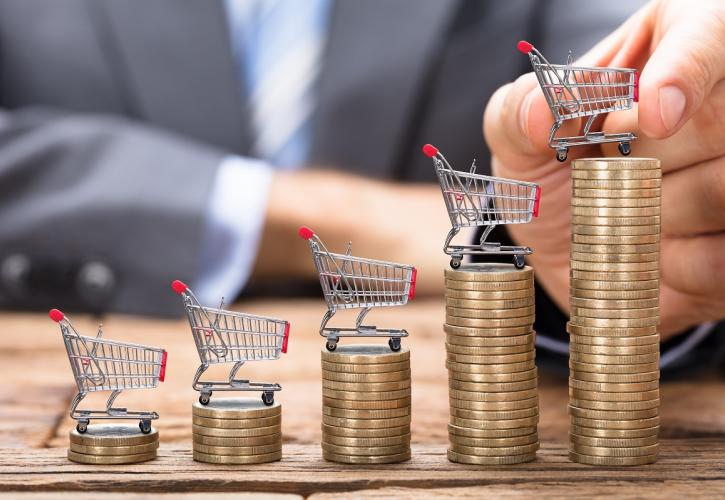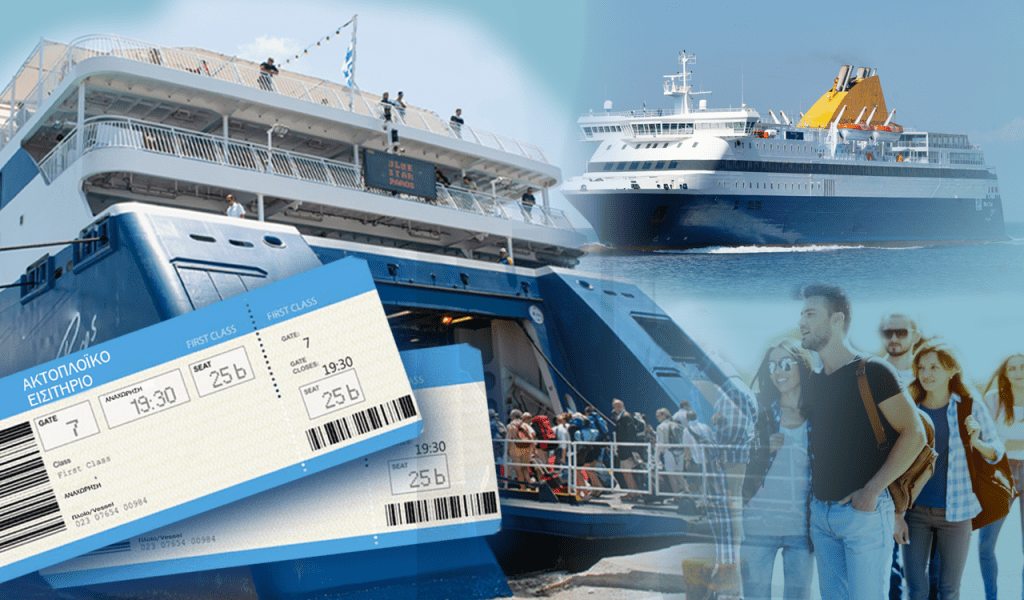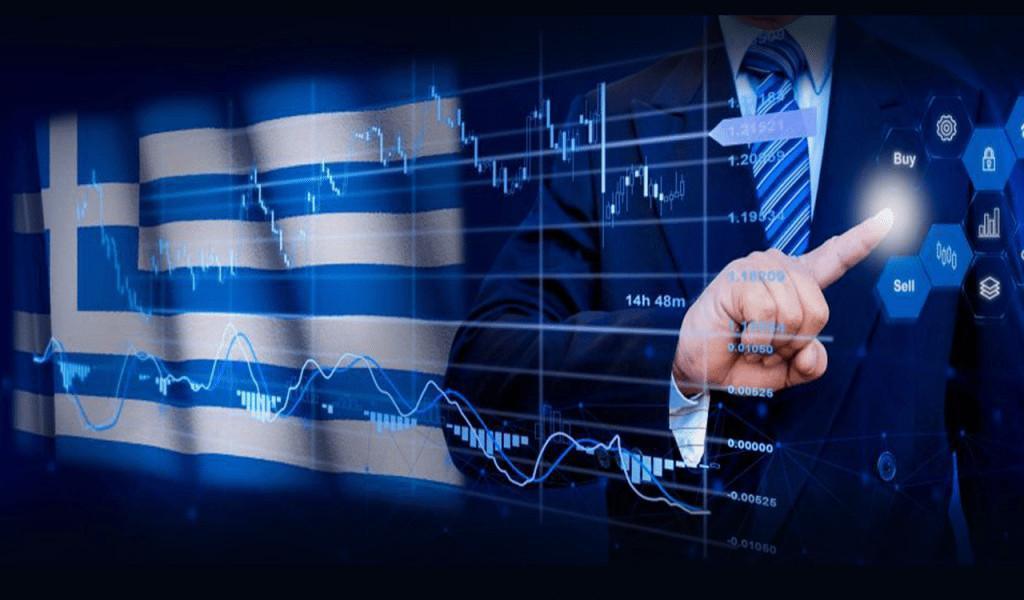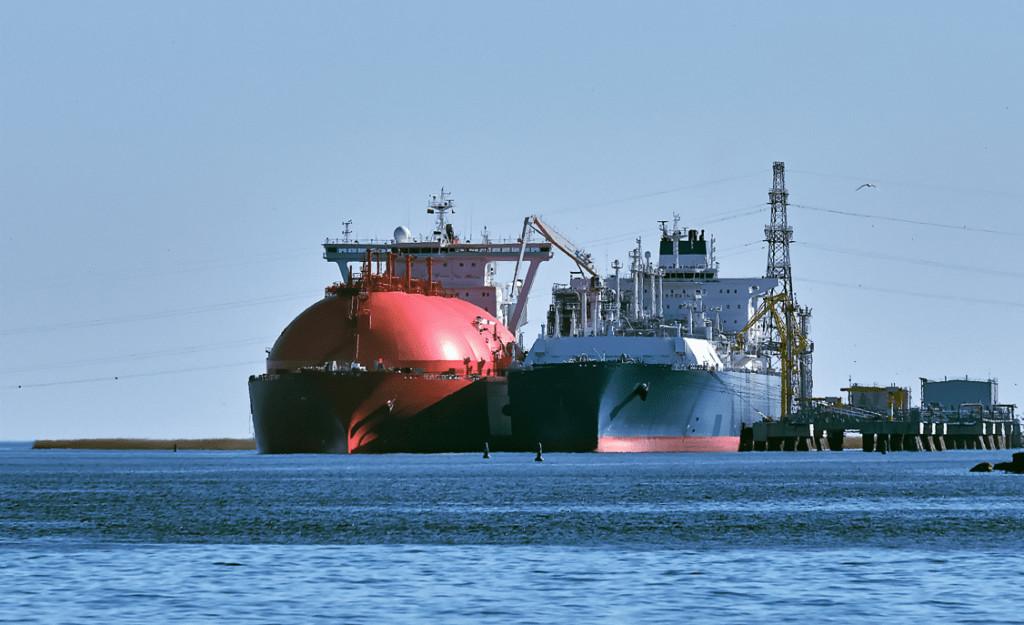In a wide-ranging interview with Nicholas Bornozis at the Capital Link Forum during Hong Kong Maritime Week, Greek shipowner Evangelos Marinakis, Chairman and Founder of Capital Maritime & Trading Corp. warned of the growing environmental threat posed by the “dark fleet” of sanctioned vessels operating without insurance or proper maintenance, while outlining his vision for the shipping industry’s role in a more peaceful global landscape.
Speaking to a packed audience that exceeded venue capacity, Marinakis proposed a pragmatic solution to the dark fleet problem that has been plaguing international waters: allowing sanctioned vessels to be scrapped within a three to four-month window.
The Dark Fleet Crisis
“We invest substantial money, time, and effort in maintaining a clean environment and clean seas,” Marinakis emphasized, highlighting the contradiction between the industry’s environmental efforts and the unchecked operation of dangerous vessels. “However, simultaneously, we have nearly 1,500 vessels operating—almost half of which are already sanctioned—navigating around the world without insurance, without properly trained crews, and without maintenance. We’ve witnessed various accidents around the world, including collisions and pollution incidents. I don’t see governments acting quickly enough to stop this enormous environmental risk.”
The shipping magnate’s proposed solution is straightforward but requires international cooperation. “One solution that could help significantly is if the US administration and Europe grant an exemption allowing these vessels to be scrapped over the next three to four months. Buyers in demolition areas should be able to remit money without restrictions to the vessel owners bank accounts, enabling these vessels to be scrapped and reducing the dark or sanctioned fleet.”
Marinakis estimated that “at least 20% of this fleet has to be scrapped because they face huge problems trading these vessels. So, I’m not saying that all of a sudden the sanctioned vessels will be scrapped. But at least even if we see a 10% or 20% reduction of this fleet, I think that is a simple solution”.
Industry Support for Practical Solutions
The proposal to allow the scrapping of sanctioned vessels received immediate support from industry participants. Anil Sharma, Founder of GMS and a leading figure in the ship recycling business who was present at the event, endorsed Marinakis’s proposal, suggesting an even longer timeframe might be needed given the scale of the problem.
“Currently, India is the only market where these vessels can still be processed. Some of them are coming in a few at a time and they are being scrapped undercover. Maybe they are not processed in USD transactions, maybe they are being processed either through Hong Kong or through Dubai or through India” Sharma noted, adding that legalizing the disposal process would be “a great idea,” though he suggested “perhaps six months would be better than three, as we’re discussing more than 500 ships needing recycling.”
Geopolitics and the Future of Shipping
Addressing the broader geopolitical landscape, Marinakis emphasized how recent global conflicts have reshaped the shipping industry’s strategic importance.
“In the last three years, we have witnessed the war between Ukraine and Russia, the conflict between Israel and Palestine, ongoing tensions in the region involving Lebanon and Syria, and the disruptions affecting the Suez Canal. Prior to these events, we experienced the unprecedented disruption of COVID-19. All these factors have changed market conditions” he explained.
The energy transportation sector has become particularly crucial during these turbulent times. “When geopolitical conflicts and situations arise, the transportation of energy becomes critical. It is apparent that countries—including the United States, China, Middle Eastern nations, and Europe—need alliances with shipowners who can provide the transportation, stability, and lifeline that the world requires to survive.”
For major fleet operators, this has meant taking on greater responsibilities. “For shipowners like us, especially those with large fleets, our role is becoming more strategic and sophisticated. We have a greater responsibility to the world to perform when needed. Over the last five years, we have focused on building solid fleets capable of meeting future requirements, servicing our clients reliably, and maintaining the flexibility to cover present needs as they constantly change.”
Peace and Reconstruction Opportunities
Looking ahead to potential peace in conflict zones, Marinakis sees both opportunities and responsibilities for the shipping industry, but stressed that genuine peace requires more than agreements.
“The reconstruction of Ukraine and Gaza is certainly important, but equally significant is what happens when these conflicts end and peace returns to the world. In these regions, we expect to see increased investment. When stability returns, we will face new challenges as these areas rebuild, survive, and ultimately prosper,” he stated.
However, Marinakis emphasized that sustainable peace requires addressing root causes: “To be honest with each other, if we want to see lasting peace in the region, we need peace that allows people to survive, achieve prosperity, and maintain hope. What we’ve observed over the years is that when a region is lacking hope entirely, when hope is absent, conflicts never truly end.”
He called for concrete action beyond diplomatic agreements: “While peace agreements are positive developments in the Middle East, we need to see action. The governments and leaders who make these agreements must create a serious impact in the lives of Palestinians—helping people work, rebuild their homes and businesses, and provide a future for young children. If we see genuine commitment and action, the prospects will be very bright.”
Environmental Regulations and Alternative Fuels
Regarding the IMO’s postponement of net-zero targets, Marinakis advocated for a pragmatic approach based on honest dialogue among industry stakeholders.
“Experts from classification societies, shipowners, and shipowners’ associations have the knowledge and time to address this issue. First, we must be honest with each other and realistic about our goals. Many actions can be taken that will have serious impact,” he said.
He stressed that major shipping nations, particularly China, must be part of any solution: “Countries like China—where every shipowner trading worldwide loads or discharges cargo—must participate and agree. We must all respect agreements involving major countries with the most serious impact on transporting energy, freight, and containers.”
On alternative fuels, Marinakis was clear about the practical path forward, emphasizing LNG as the most viable current option. “When supply, demand, and infrastructure are in place—rather than looking for alternatives where high prices exist but infrastructure doesn’t—let’s be pragmatic and realistic. For the next 10-15 years, this is a more environmentally friendly alternative fuel that can do the job.”
The shipowner stressed that Capital Group has already made substantial investments in dual-fuel LNG vessels, despite the current lack of financial incentives from charterers: “While there’s been significant extra cost that charterers and oil majors haven’t yet paid for, we believe it’s a matter of time. When the figures make economic sense—not just environmental sense—we’ll see results.”
Asia’s Strategic Role
Speaking in Hong Kong, Marinakis highlighted the region’s critical importance to global shipping and emphasized the need for long-term partnerships rather than transactional relationships.
“We can feel here the right vibes. There is tradition here as far as shipping, ship owning and trading is concerned,” he noted about Hong Kong’s maritime heritage.
Regarding China’s role, Marinakis advocated for a partnership approach: “China plays a significant role in the shipping business. We need to see this in the long term and consider our Chinese counterparties as partners trying to do business. They should be partners not just for vessel fixtures or newbuildings, but for establishing partnerships lasting for years to come. We need each other—they need our services, and we need them as well. We should consider this a long-term relationship, not an opportunistic approach to maximize short-term gains. We need to conduct business properly and treat them as partners from day one.”
Hong Kong Capital Link Forum Brings Together Global Maritime Leadership
The 6th Annual Capital Link Hong Kong Maritime Forum concluded with great success, bringing together leading figures from the international maritime community. This year’s forum highlighted Asia’s crucial role in global shipping and focused on critical issues shaping the industry’s trajectory toward 2050—from energy transition and technological innovations to financing and the geopolitical orientation of global shipping.
Among the participants was Jason Liu, Regional Business Development Manager of DNV China, who analyzed DNV’s projections for international shipping through 2050. Prominent industry leaders including Bjorn Hojgaard, CEO of Anglo-Eastern Univan Group and Chairman of the Hong Kong Shipowners Association; Sotiris Raptis, Secretary General of the European Community Shipowners’ Associations (ECSA); Dr. Gaby Bornheim, President of the German Shipowners’ Association (VDR) and Managing Director of Peter Döhle Schiffahrts-KG; and Thomas Kazakos, Secretary General of the International Chamber of Shipping (ICS), emphasized that collective leadership and international cooperation are essential for successfully managing industry reforms.
Alternative fuels and their future dominated forum discussions, with speakers including Sebastian von Hardenberg, CEO of Bernhard Schulte Shipmanagement; Bud Darr, President & CEO of Cruise Lines International Association (CLIA); Stefano Sommadossi, Co-founder, Partner & CEO of NatPower UK & NatPower Marine; and Konstantinos Kapetanakis, Bunker Director of Star Bulk Carriers Corp. and Chair of IBIA, analyzing the challenges of energy transition.
Technology discussions featured Pankaj Khanna, CEO of Heidmar Maritime Holdings Corp; William Fairclough, Managing Director of Wah Kwong Maritime Transport; and Luis Benito, Group Business Development & Marketing Director of the Wallem Group.
The critical issue of financing was addressed by Samantha Xu, CFO of BW LPG; Emma Cawood, Managing Director – Finance & Treasury of Cetus Maritime; Joachim Jaeger Skorge, Managing Director and Regional Head of Asia-Pacific at DNB Carnegie; and Gautam Khurana, CFO of Precious Shipping Public Company Limited, who highlighted the growing role of green financing tools and the importance of transparency toward investors.
Of particular significance was the intervention by Vic Yau JP, Permanent Secretary for Transport and Logistics of the Hong Kong Government, who presented Hong Kong’s strategy for enhancing competitiveness on a global scale. The final panel, featuring Nick Brown, Corporate Affairs Director of Bureau Veritas Marine & Offshore; Lianjun Li, Senior Partner at Reed Smith Richards Butler LLP and Honorary Legal Advisor of the Hong Kong Chamber of Shipping; Gregor McMillan, Executive Director of Venture Energy Limited; and Hing Chao, Executive Chairman of Wah Kwong Maritime Transport and Chairman of the Hong Kong Chamber of Shipping, presented ways in which Hong Kong can strengthen its position as an international maritime center through service development, technology, and strategic alliances.
Source: tovima.com
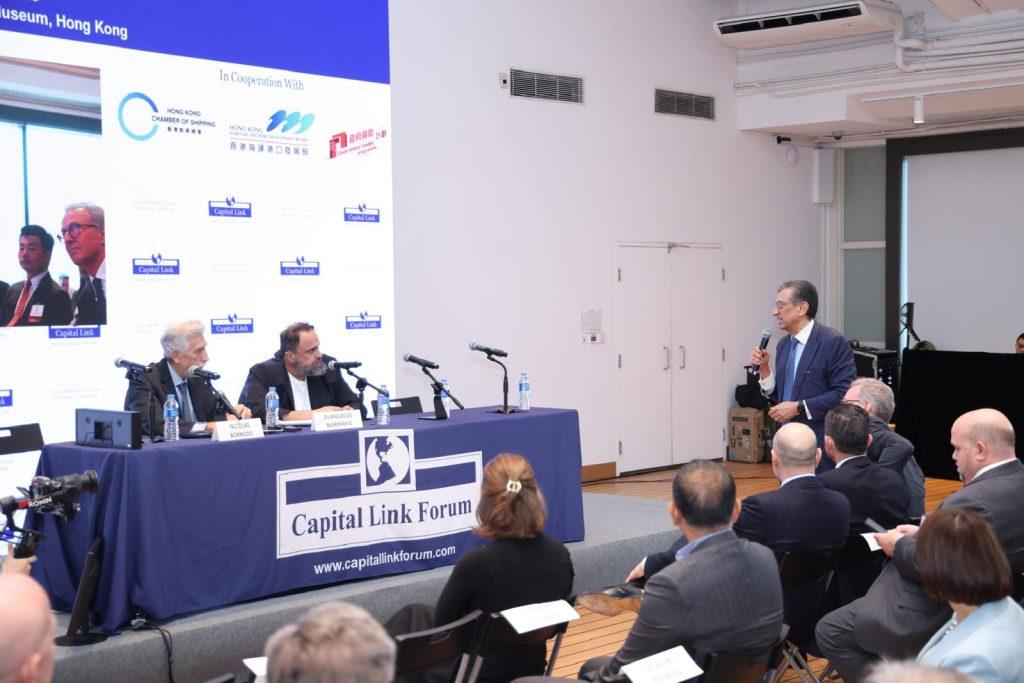
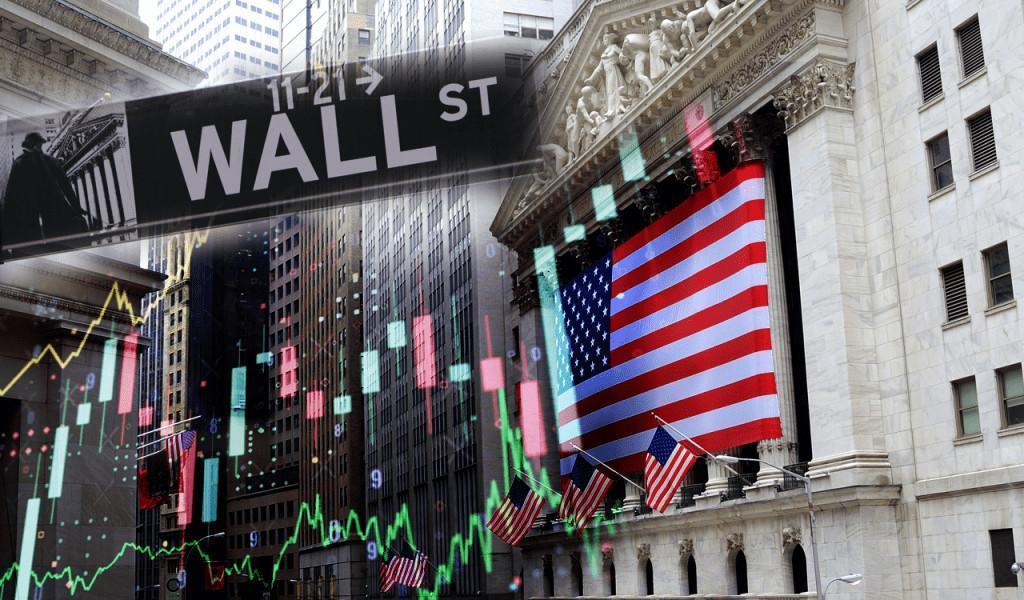
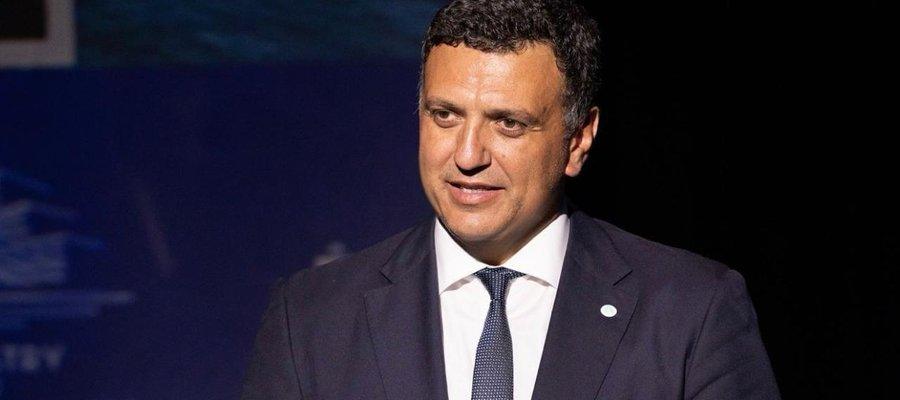
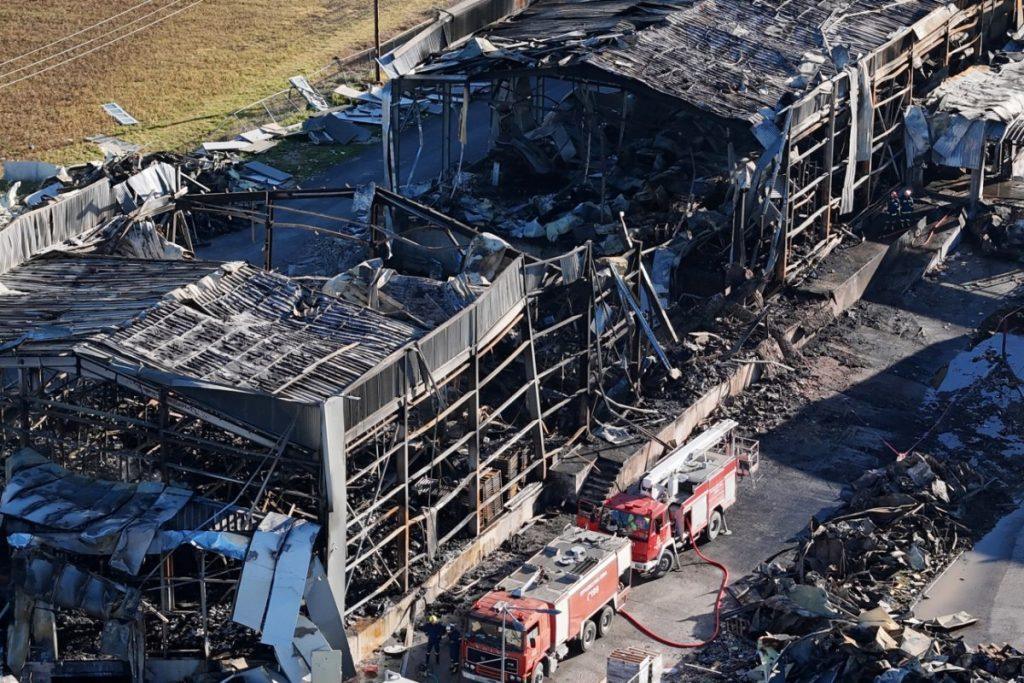
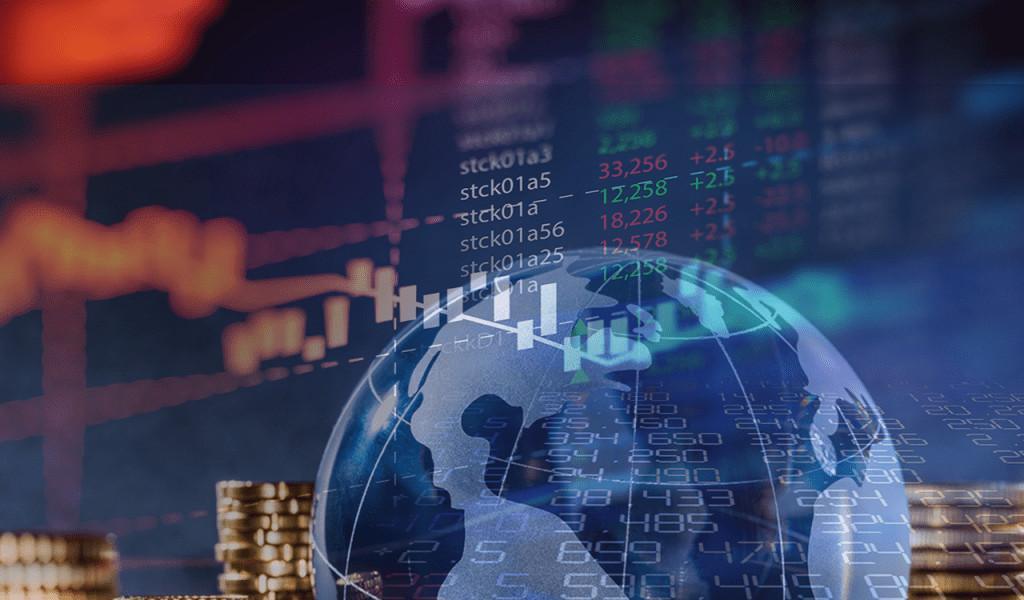

![Ελβετικό φράγκο: Άνοιξε η πλατφόρμα για τη ρύθμιση των δανείων [πίνακες]](https://www.ot.gr/wp-content/uploads/2026/02/ot_swiss_Francs25-1024x668-1-1-3-300x300.jpg)
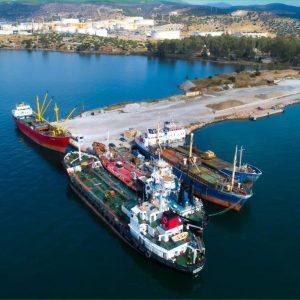
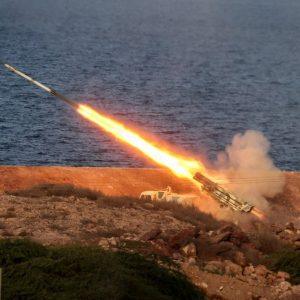



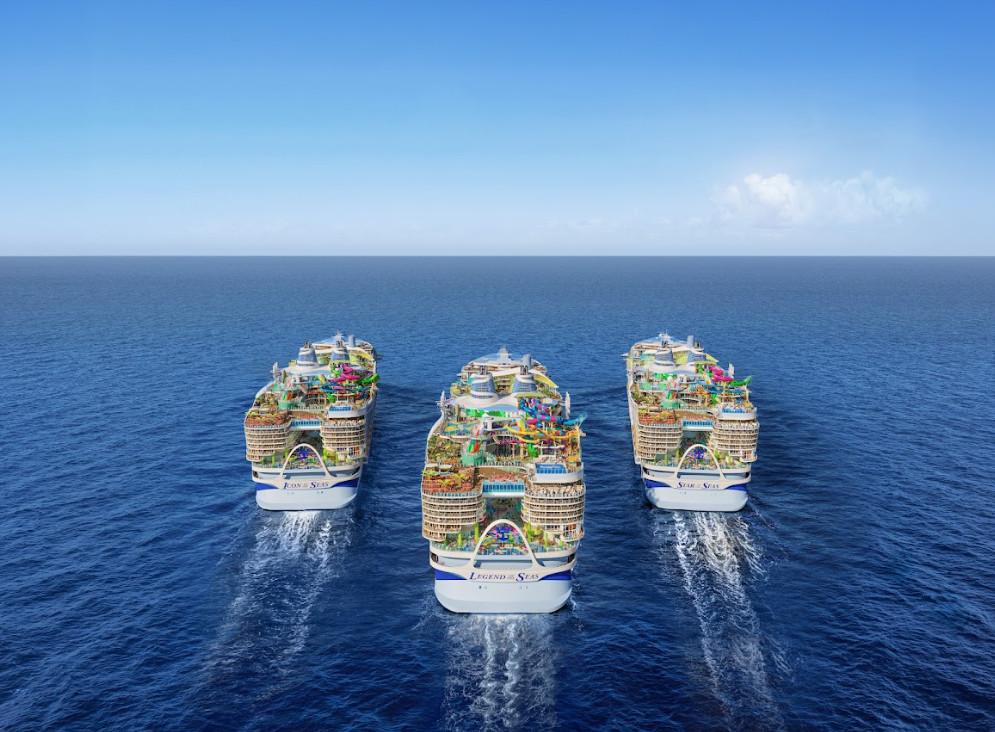


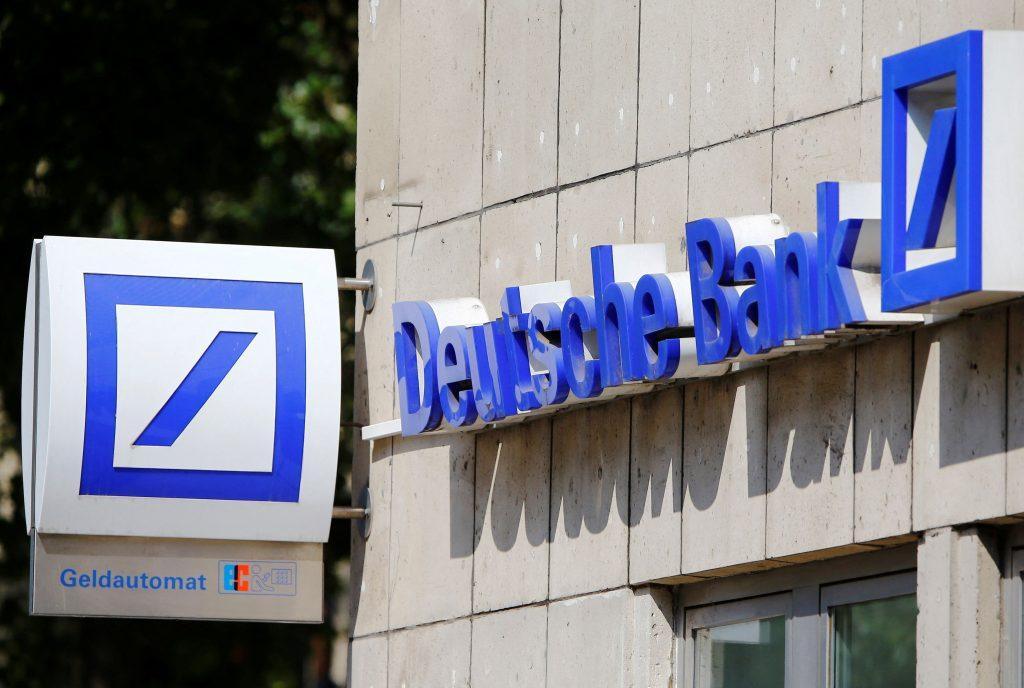
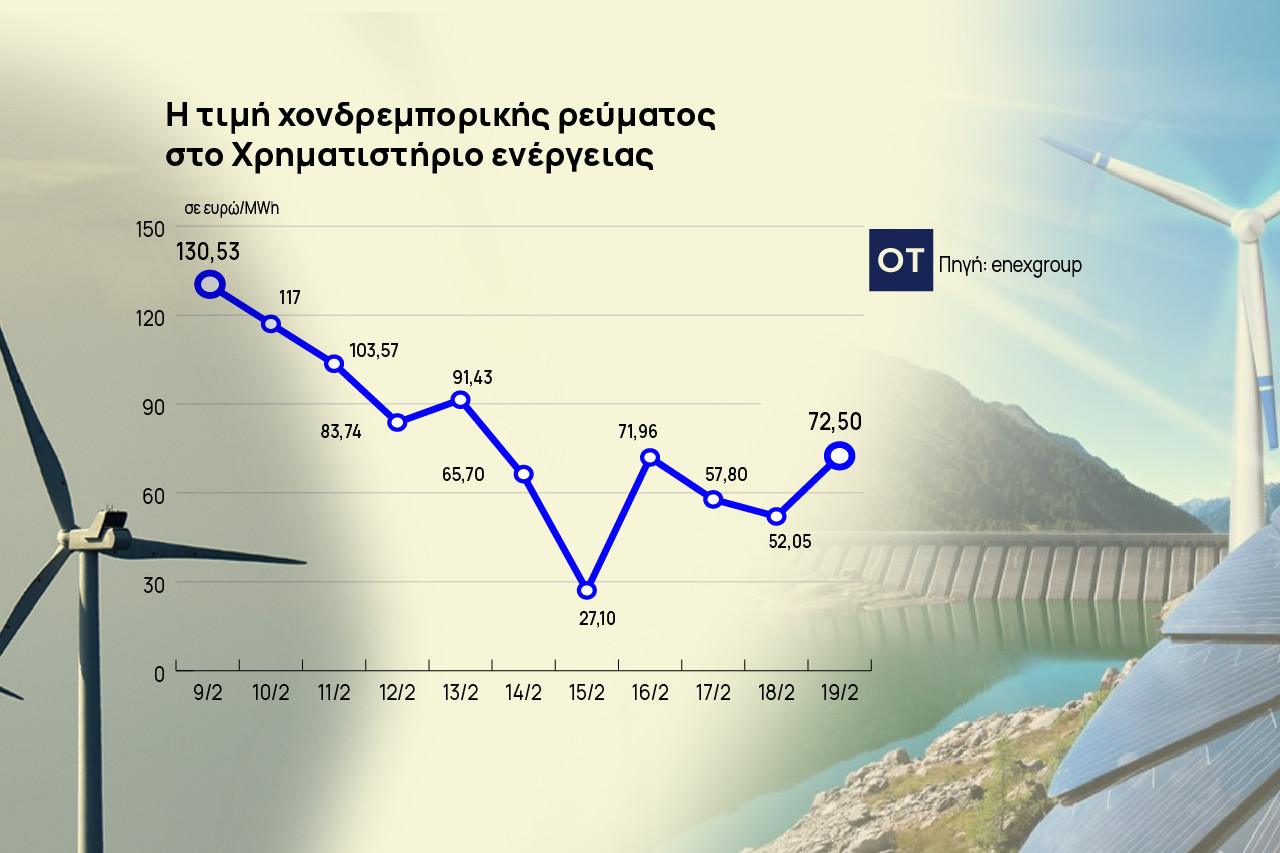


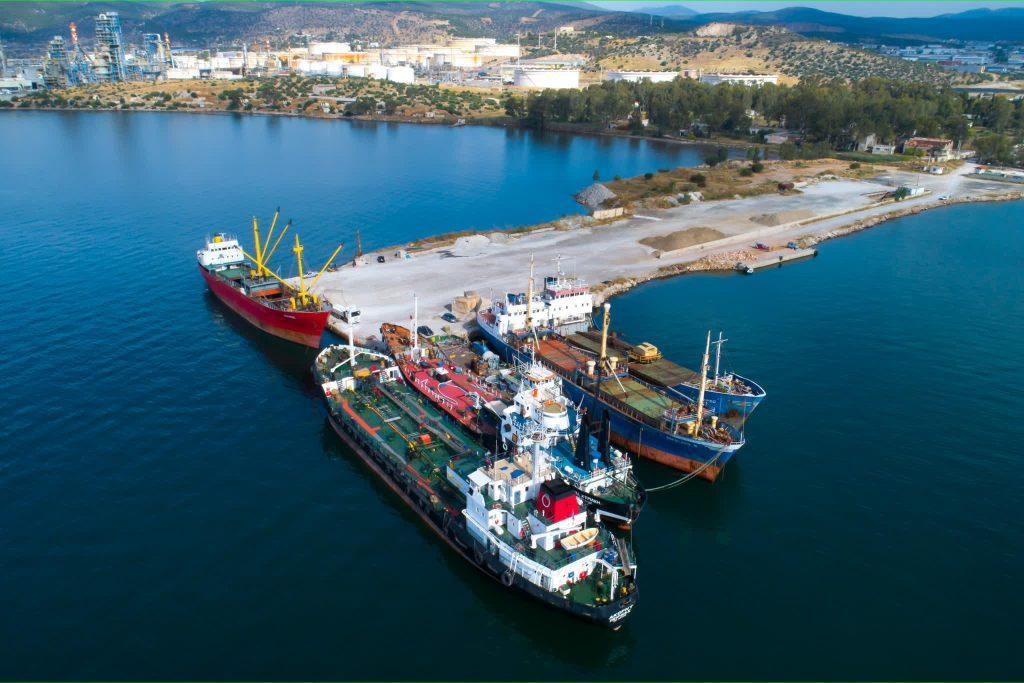







![Ελβετικό φράγκο: Άνοιξε η πλατφόρμα για τη ρύθμιση των δανείων [πίνακες]](https://www.ot.gr/wp-content/uploads/2026/02/ot_swiss_Francs25-1024x668-1-1-3.jpg)
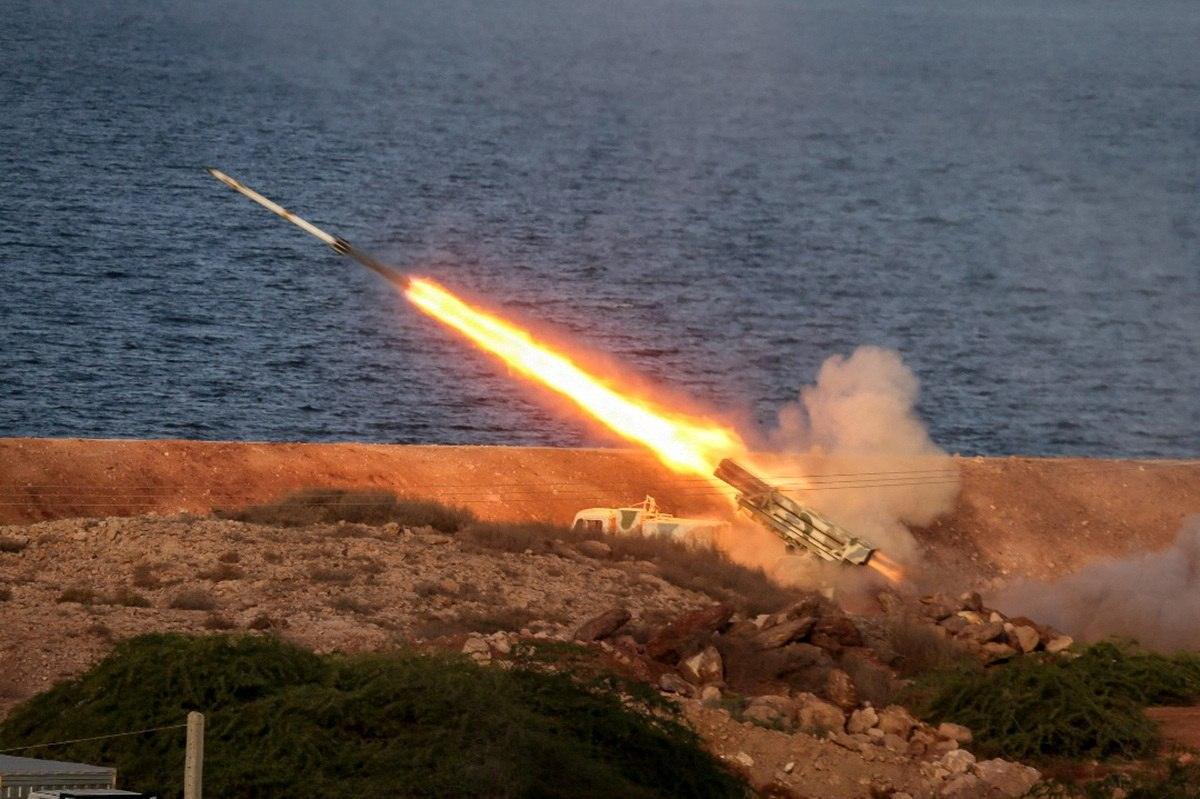

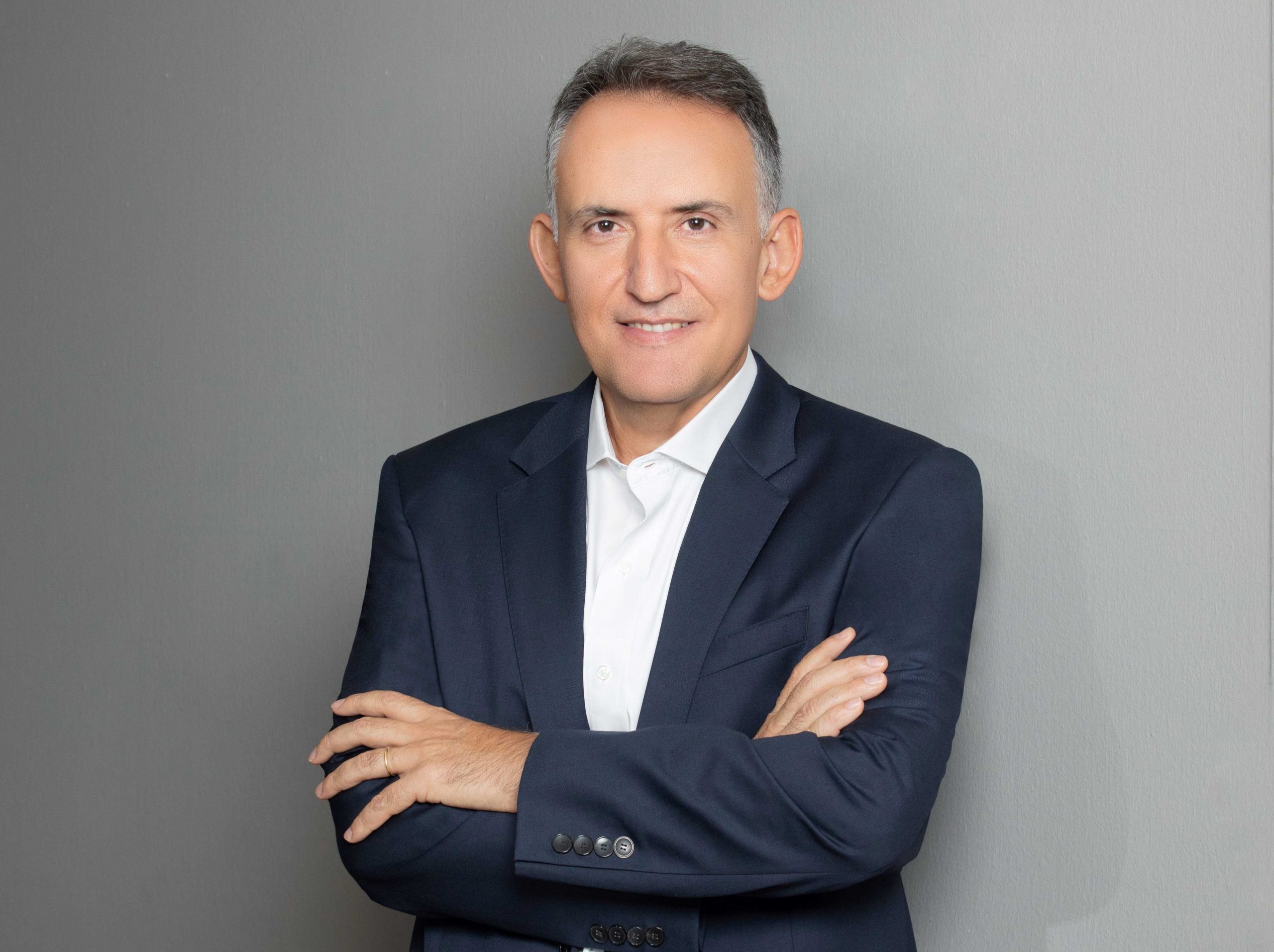
![Ελλάδα: Υποχώρηση της προσφοράς καταλυμάτων βραχυχρόνιας μίσθωσης [πίνακας]](https://www.ot.gr/wp-content/uploads/2026/02/airbnb-1.jpg)
